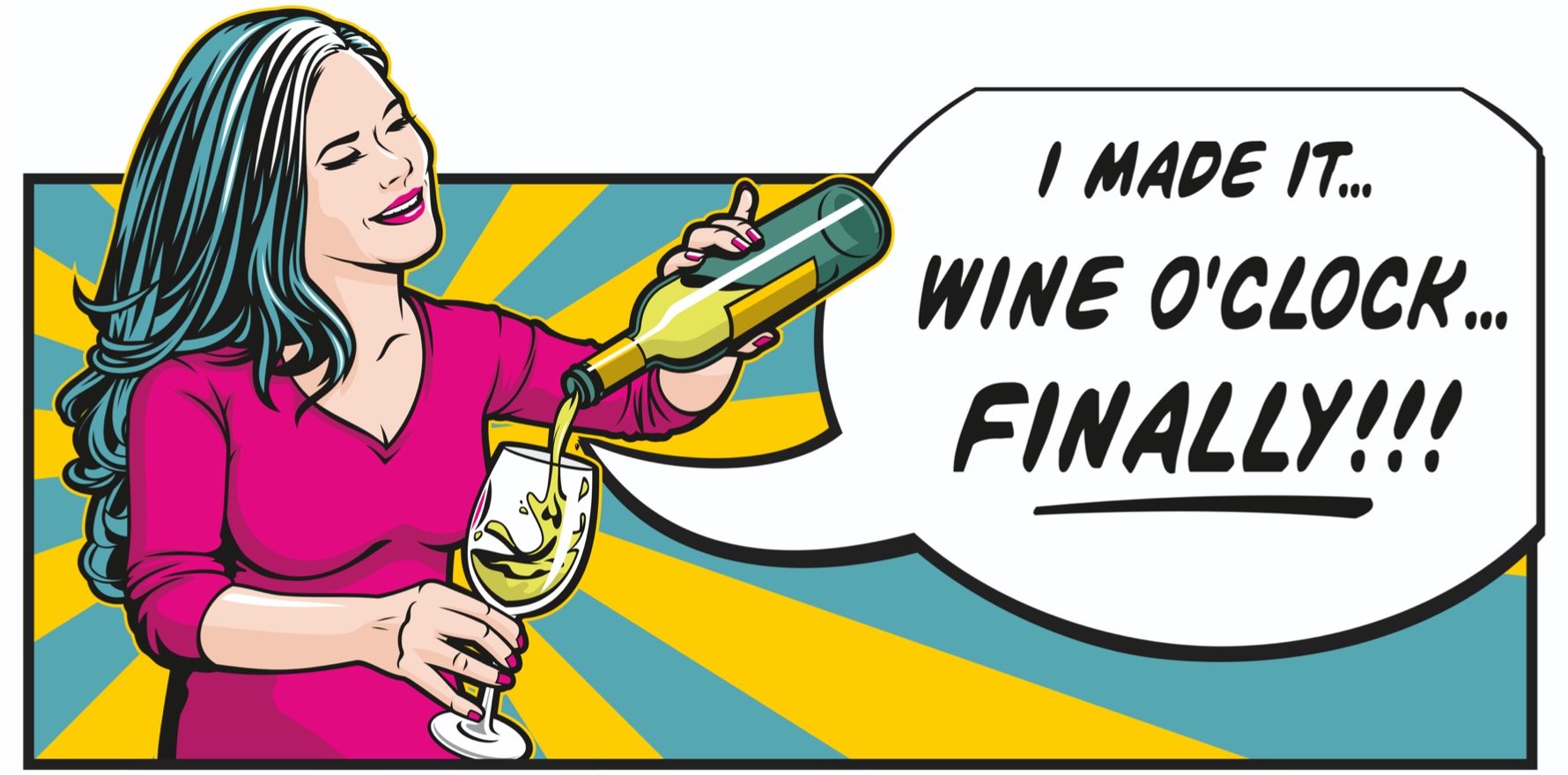Rethink that daily G&T. Cancer research shows that a drink of two a day still causes deaths.
Even one drink a day can lead to death from cancers according to a new study by the International Agency for Research on Cancer.
The study, published in The Lancet this month, also revealed that while men’s drinking habits account for around three quarters of all new cancer cases in 2020, men and women are at increased risk of cancer due even to low alcohol consumption (up to 10 grams – or one drink per day).
The study calculated population attributable factors combined with relative risk estimates from systematic literature reviews. The results were then applied to cancer incidence data from the global cancers statistics database GLOBCAN 2020 and international alcohol consumption pattern data from the Global Information System on Alcohol and Health (2010).

Harriet Rumgay, lead researcher of the study and a doctoral student at the International Agency for Research on Cancer, told Oncology Republic that even just a standard drink or two a day caused a national cancer burden, contributing to the roughly 4% of all new cancer cases attributable to alcohol.
“Nearly 6,000 cases of cancer in Australia in 2020 were caused by alcohol consumption,” Ms Rumgay said. “About one in eight of those cases was caused by drinking just one or two standard drinks each day.”
Australia and New Zealand ranked high on the global comparison chart for cancer cases attributed to alcohol. The antipodeans far exceeded regional rates, especially for women.

Ms Rumgay said that the regional disparity might be explained by growth of national economic wealth which is often accompanied by a rise in population alcohol use. “This is partly because as women take on a larger share of paid employment, alcohol consumption increases,” she said.
Professor Roger Milne, the head of Cancer Council Victoria’s Cancer epidemiology division, confirmed the research findings whilst also acknowledging that the study made some assumptions. “But it puts numbers on the fact that lower levels of drinking increase your risk of cancer. And that is absolutely true,” he said.
“If you go to an epidemiology conference, there will be experts, who are responsible for public health campaigns, who would say there are no safe levels of drinking alcohol,” Professor Milne said.
The research challenges Australian public health messaging, some which recommends women have no more than two standard drinks on any day. Australia has produced highly effective ad campaigns and promising evidence has been found on how to lower drinking through ‘how’ and ‘why’ messaging but the challenge to change Australian drinking behaviours is a big one.
“It’s cultural,” said Professor Milne. “It’s all over social media. In lockdown it’s a running joke that it’s all you’ve got to take the edge off,” he said. “Most people don’t know that even low alcohol consumption increases your risk of cancer.”


The study authors confirmed the low awareness of the link between alcohol and cancer risk among the general public. They called for more policy and interventions to raise awareness, noting that in the UK population, binge drinking increased during lockdown.
The Alcohol and Drug Foundation’s new data shows that, while 20% of Australians consumed less alcohol during the pandemic, a concerning number increased the amount they were drinking. According to other research earlier this year, women in particular have increased drinking during covid-19.
With some Australian states again locked down due to covid-19, the International Agency for Research on Cancer research may be timely.
[newsletter]


